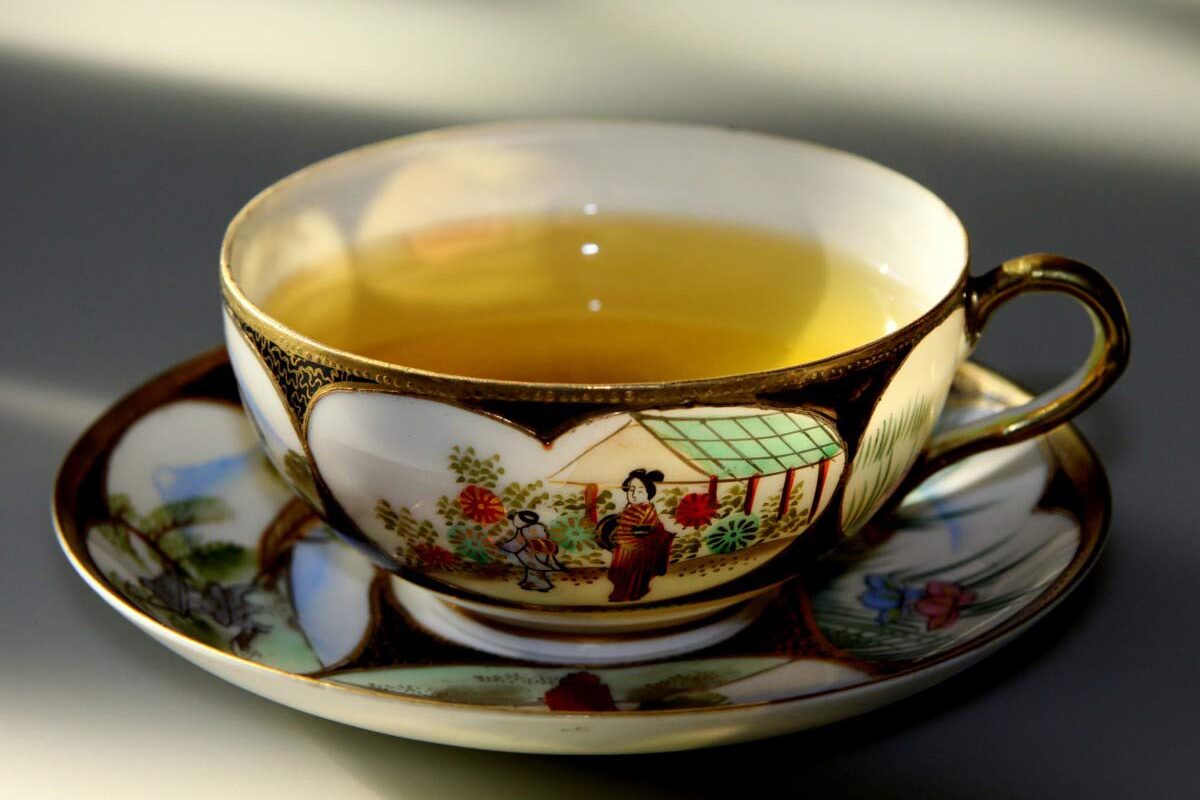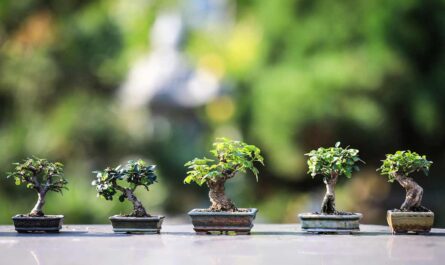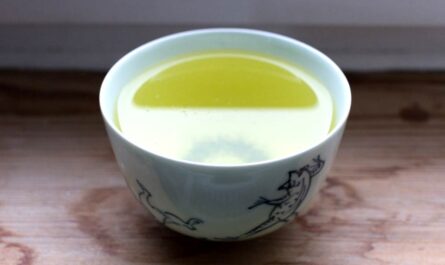What are some of Dandelion tea health benefits, nutrition, recipes, & side effects? Dandelion tea boasts a rich array of nutritional components, rendering it a wholesome beverage with various health benefits. Among its notable constituents are vitamins, including vitamins A, C, and K, vital for bolstering immune function, promoting healthy skin, and supporting blood clotting. In this article, we will share some of Dandelion tea health benefits, nutrition, recipes, & side effects. Keep reading.
Moreover, dandelion tea contains minerals such as calcium, iron, and potassium, essential for maintaining bone health, oxygen transport in the blood, and regulating blood pressure. Additionally, it contains antioxidants like flavonoids and polyphenols, which combat oxidative stress, reducing the risk of chronic diseases such as heart disease and cancer. Furthermore, dandelion tea is low in calories and free from caffeine, making it a suitable choice for individuals seeking hydration without added sugars or stimulants. Its diuretic properties also contribute to detoxification and aiding digestion. In essence, dandelion tea encompasses a diverse range of nutrients that collectively support overall well-being and vitality.
Nutritional facts of Dandelion tea
Dandelion tea offers versatility not only in its health benefits but also in its culinary applications and preparation methods. To prepare dandelion tea, one can harvest fresh dandelion leaves and roots, ensuring they are thoroughly washed to remove any dirt or debris. The leaves and roots can then be steeped in hot water to extract their flavors and nutrients, resulting in a fragrant and earthy infusion. For added complexity and depth of flavor, various herbs or spices such as ginger or cinnamon can be incorporated.
Moreover, dandelion tea can be enjoyed hot or cold, depending on personal preference and the season. Its subtle bitterness pairs well with a touch of honey or lemon for those desiring a sweeter taste profile. Additionally, dandelion tea can be used as a base for other beverages or incorporated into recipes such as smoothies, soups, or salads, offering a creative way to reap its health benefits while indulging in culinary delights.
Dandelion tea has been linked to improved skin health, attributed to its vitamin A content, which aids in collagen production and cell regeneration. Its anti-inflammatory properties also alleviate skin conditions such as acne and eczema. Overall, regular consumption of dandelion tea can contribute significantly to enhancing one’s overall health and well-being.
How much Dandelion tea to drink every day?
Dandelion tea, brewed from the roots or leaves of the dandelion plant, offers numerous potential health benefits, including aiding digestion, reducing inflammation, and supporting liver health. However, determining the optimal daily intake can vary based on individual factors such as age, health status, and personal preferences.
Factors to Consider for Daily Consumption
When considering how much dandelion tea to drink daily, it’s essential to take several factors into account. Firstly, consider your overall health and any pre-existing medical conditions. While dandelion tea is generally safe for most people, those with certain medical issues like kidney problems or allergies should exercise caution and consult with a healthcare professional before consuming it regularly.
Recommended Dosage Guidelines
While there isn’t a universally established dosage for dandelion tea, experts typically suggest consuming it in moderation. A common recommendation is to start with one to two cups per day and monitor how your body responds. Some individuals may find that they can tolerate more, while others may experience adverse effects with even small amounts.
Listening to Your Body’s Signals
It’s crucial to pay attention to how your body reacts to dandelion tea. If you experience any discomfort, such as stomach upset or allergic reactions, it may be a sign that you’re consuming too much or that dandelion tea isn’t suitable for you. In such cases, it’s best to reduce or discontinue consumption and seek guidance from a healthcare professional.
Incorporating Variety and Balance
Rather than focusing solely on dandelion tea, consider incorporating a variety of herbal teas into your daily routine. This not only adds diversity to your diet but also ensures that you’re not overly reliant on any one ingredient. Additionally, maintaining a balanced diet and lifestyle, including plenty of water and other hydrating beverages, is essential for overall health and well-being.
What is the best time to drink Dandelion tea?
How to Make Dandelion Tea
Dandelion tea, known for its refreshing taste and numerous health benefits, is a delightful beverage made from the humble dandelion plant. Despite being considered a pesky weed by many, dandelions offer a wealth of nutrients and medicinal properties. This simple yet invigorating tea can easily be prepared at home using just a few ingredients commonly found in your kitchen or garden.
Ingredients for Dandelion Tea:
- Fresh Dandelion Leaves: Harvest young, tender dandelion leaves from pesticide-free areas. Rinse them thoroughly to remove any dirt or debris.
- Water: Use clean, filtered water for the best flavor.
- Optional Additions: Honey, lemon, or other flavorings to enhance the taste according to your preference.
Proportions:
- For a single serving:
- 1 cup of fresh dandelion leaves
- 1 ½ cups of water
- Adjust the proportions based on the number of servings desired.
Steps to Make Dandelion Tea:
- Harvest and Prepare the Leaves:
- Carefully pluck the fresh dandelion leaves, ensuring they are young and tender.
- Rinse the leaves thoroughly under cold water to remove any dirt or impurities.
- Boil the Water:
- In a saucepan, bring the water to a gentle boil over medium heat.
- Brew the Tea:
- Once the water reaches a boil, add the cleaned dandelion leaves to the saucepan.
- Allow the leaves to steep in the hot water for about 5-10 minutes, depending on your desired strength of flavor.
- Strain and Serve:
- After steeping, use a fine mesh strainer or tea infuser to strain out the dandelion leaves, ensuring a smooth tea.
- Pour the freshly brewed dandelion tea into a cup.
- Optional Additions:
- Sweeten the tea with honey or add a splash of lemon juice for extra flavor, if desired.
- Enjoy Your Dandelion Tea:
- Sip and savor the delightful taste of your homemade dandelion tea, relishing its earthy flavor and potential health benefits.
Making dandelion tea at home is a simple yet rewarding process that allows you to enjoy the natural goodness of this underrated plant. Experiment with different proportions and flavorings to customize your tea according to your taste preferences, and reap the benefits of this wholesome herbal beverage.
Health Benefits of Drinking Dandelion Tea
The consumption of dandelion tea is associated with a myriad of health benefits, owing to its rich nutritional composition and therapeutic properties. Firstly, its antioxidant content helps in neutralizing harmful free radicals, thereby reducing inflammation and lowering the risk of chronic diseases like diabetes and arthritis. Additionally, dandelion tea’s diuretic properties facilitate the elimination of toxins from the body, promoting kidney health and aiding in weight management by reducing water retention. Furthermore, its abundance of vitamins and minerals supports liver function, promoting detoxification and enhancing digestion. Here are some of the health benefits of Dandelion tea:
Side Effects of Dandelion Tea
Other Interesting Articles
- 20 Proven Health Benefits of Drinking Tea Before Having Sex
- 22 Proven Health Benefits of Drinking Tea Before Bedtime
- 21 Proven Health Benefits of Drinking Black Tea with Milk
- 21 Health Benefits of Scottish Afternoon Tea, Side Effects
- 20 Health Benefits of Assam Tea: Recipe, Side Effects
- 22 Health Benefits of English Breakfast Tea, Side Effects
- 18 Health Benefits of Darjeeling First Flush Tea, Side Effects
- 21 Health Benefits of Chinese Black Tea: Recipe, Side Effects
- 20 Health Benefits of Duchess Grey Black Tea, Side Effects
- 21 Proven Health Benefits of Drinking Tea in Kulhad (Kulhar)
- 20 Proven Health Benefits of Drinking Tea while Pregnant
- 22 Health Benefits of Drinking Green Tea After Workout
- 24 Health Benefits of Drinking Chamomile Tea in the Morning
- 21 Proven Health Benefits of Drinking Tea Instead of Coffee
- Drinking Milk Tea in the Morning On an Empty Stomach: Pros, Cons
- 21 Proven Health Benefits of Drinking Black Tea in the Morning
- 21 Hidden Disadvantages of Drinking Excessive Tea At Night
- 22 Silent Disadvantages of Drinking Tea After Meals
- 20 Benefits of Drinking Green Tea in the Morning Empty Stomach
- 50 Most Popular Types of Non-Alcoholic Beverages & Drinks




